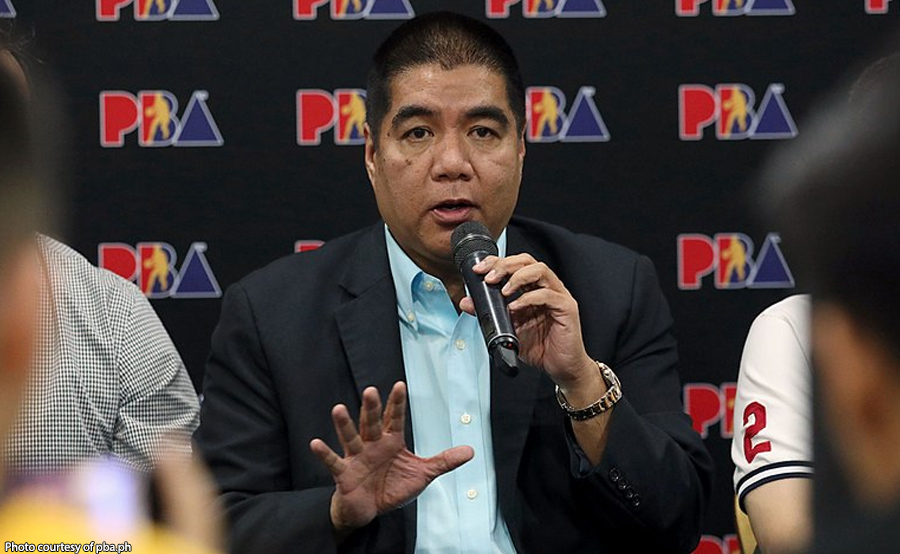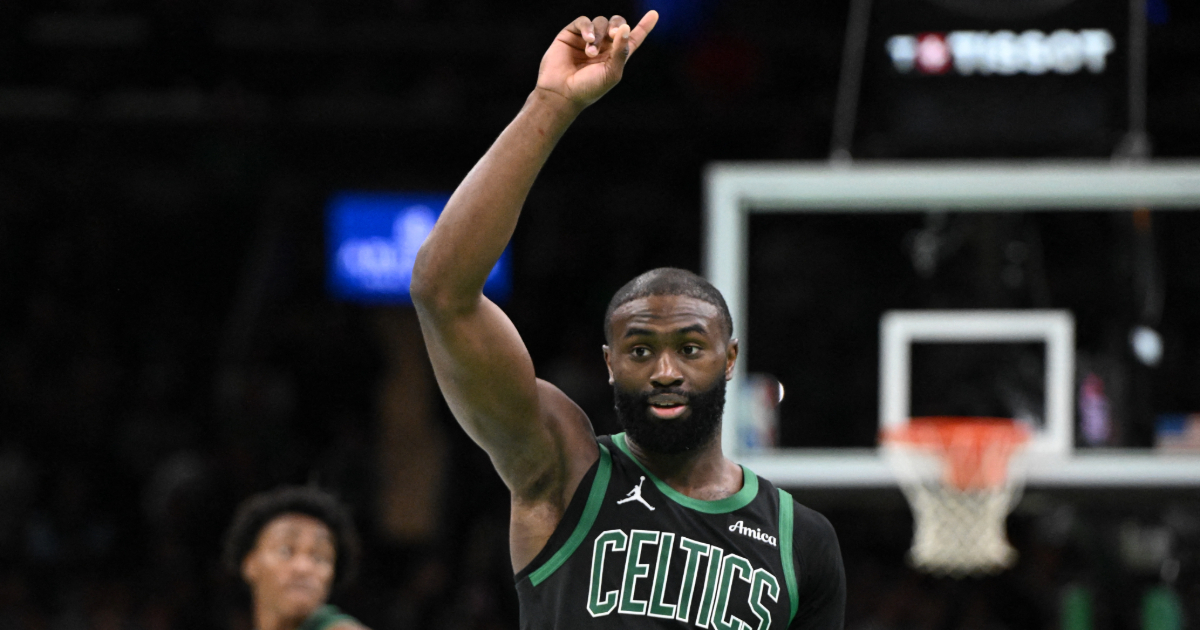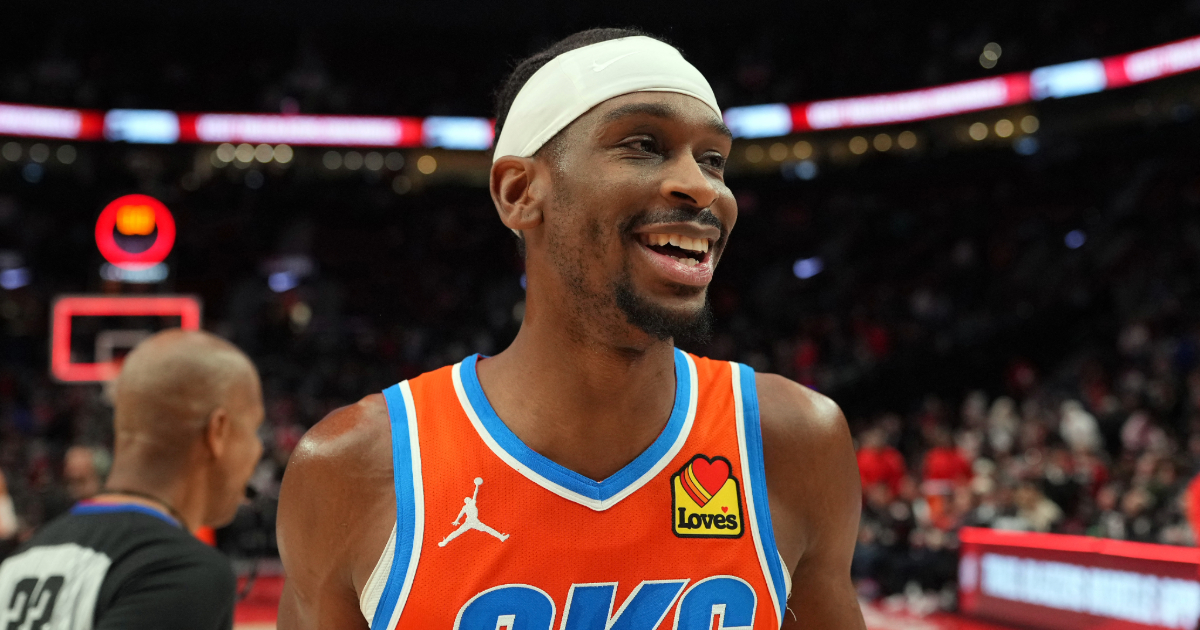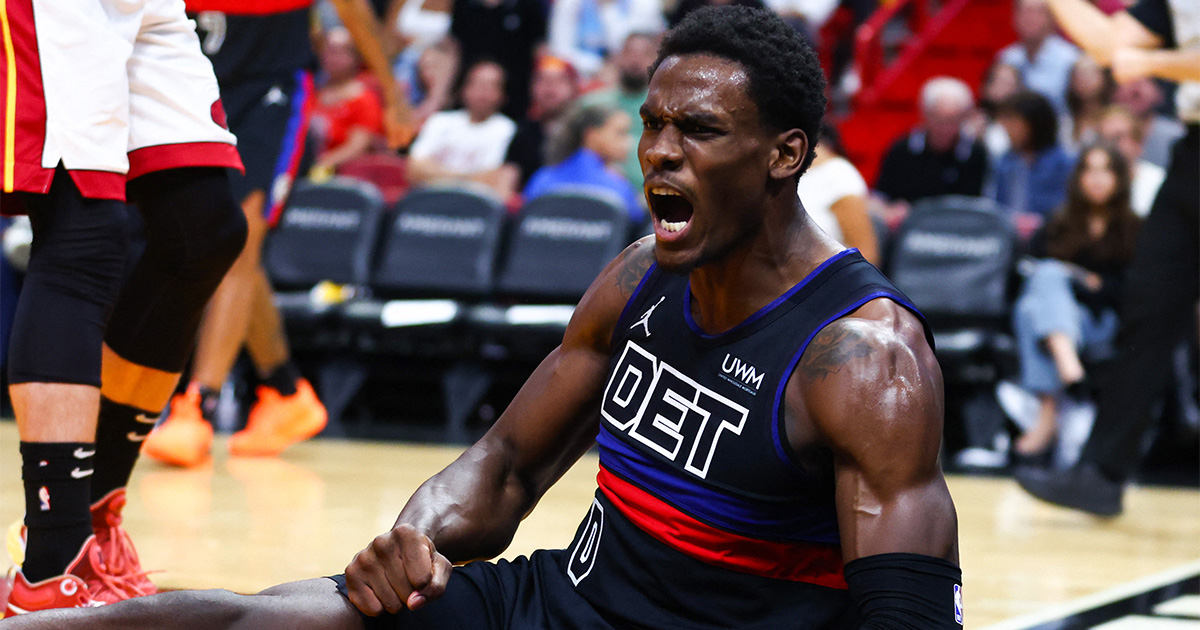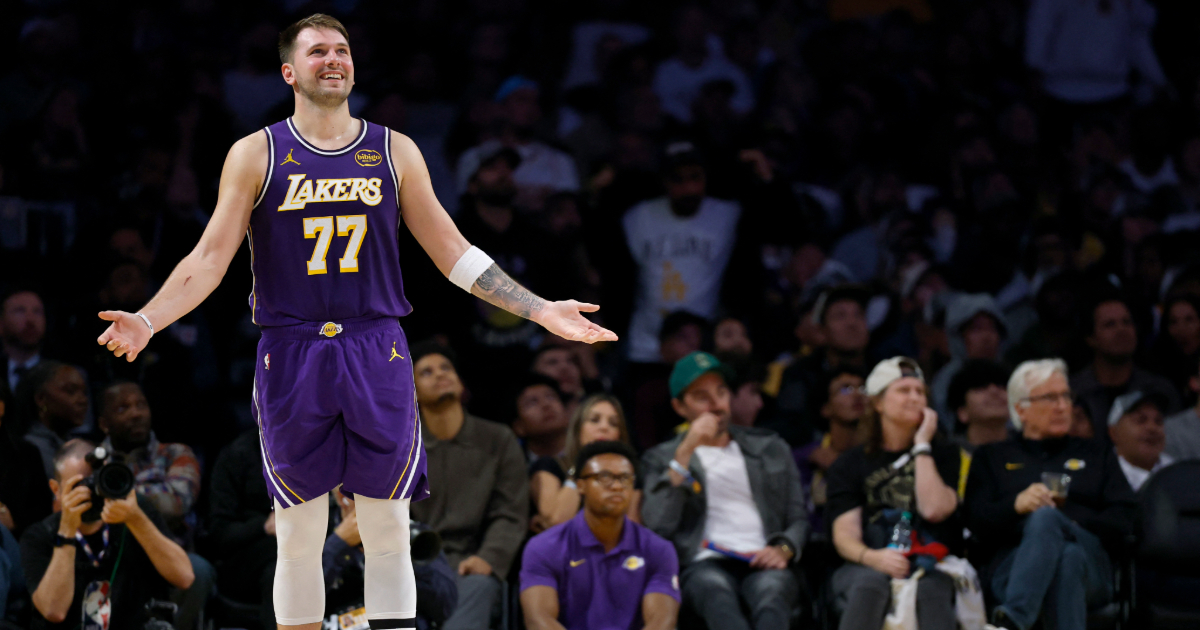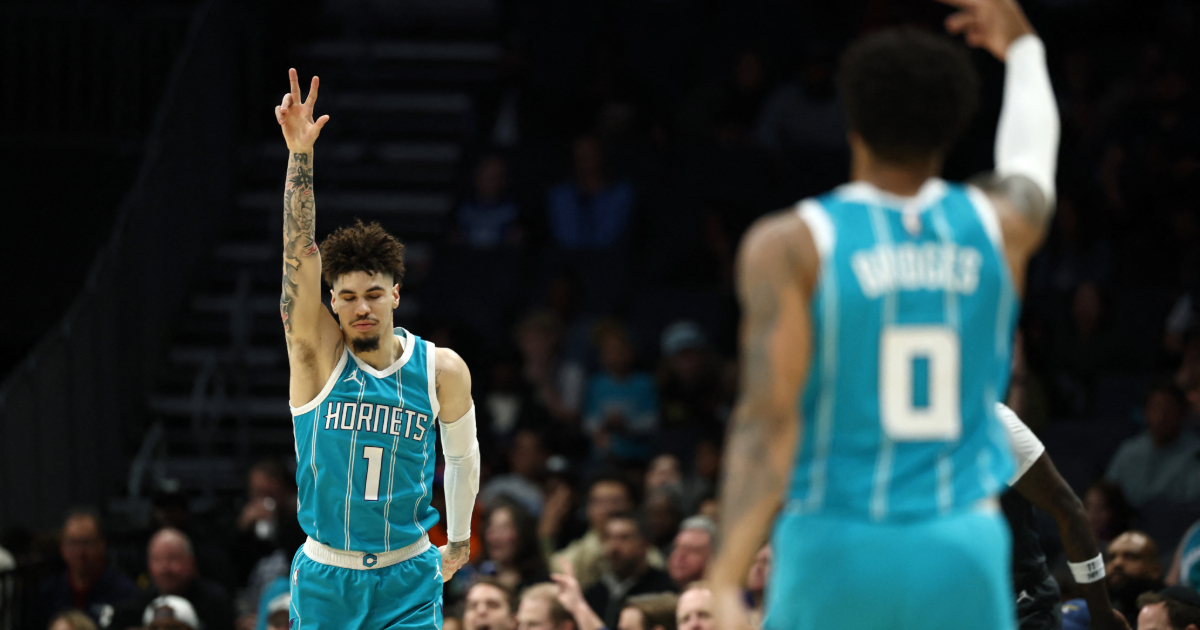Just when you think things can’t get any worse, the PBA steps up and shouts, “Hold my beer!”
The PBA has imposed a new policy: players who refuse to sign with their mother teams despite receiving a valid tender offer – and instead choose to play elsewhere, either locally or overseas – will now face a three-year ban from the league.
It’s a bold move. But not in the admirable, forward-thinking sense – rather, in the baffling, head-scratching, “Really?” kind of way. Because… really?
This latest decision comes in response to the wave of PBA players heading for more lucrative and competitive opportunities abroad. In just the last few months, Arvin Tolentino and Will Navarro have taken their talents to Korea’s KBL, while Jamie Malonzo is now headed to Japan’s B.League. They’re far from the first, and they certainly won’t be the last.
And who can blame them?
Across Asia, foreign leagues are offering players not just better pay, but a higher (and more serious) level of competition, improved team infrastructure, and a fresh stage to grow their careers. In comparison, the PBA – even with all its history and prestige – just feels empty and repetitive.
Rather than meet this challenge by improving its product, investing in marketing, reevaluating its structure, or addressing the long-standing concerns about parity and governance, the PBA has opted for punishment. The three-year ban is a clear attempt to discourage players from leaving, but in reality, it only highlights just how little the league seems to understand its own predicament.
The root problem here isn’t player disloyalty. It’s the PBA not looking at the bigger picture. They are stupidly hell bent on narrowing its scope instead of broadening it – just a straight up masterclass on cluelessness.
For years, the league has operated within a closed system — one that leans on a few teams, lacks true competitive balance, and overloads its calendar with three conferences in a single year. The result? Product fatigue for fans, increased wear-and-tear on players, and a stagnant brand that’s struggling to stay relevant in a rapidly evolving basketball landscape.

On top of that, leadership remains an issue. The commissioner’s role has been widely perceived as symbolic at best, with little real power to enact meaningful change. Combine that with management decisions that seem more concerned with control than growth, and it becomes clear why the league is losing ground – not just to foreign leagues, but even in local ones, like the MPBL (Maharlika Pilipinas Basketball League), who’s just nine years in and only play in smaller venues.
Further, the irony here is that the ban will likely have little to no effect. Players who receive solid offers abroad aren’t going to hesitate because of a three-year timeout from the PBA. The money and opportunity overseas speak louder than any arbitrary sanction. If anything, this move only reinforces the perception that the league is out of touch.
There’s a reason why players of all ages, from older ones like Ray Parks and Matthew Wright, to youngsters like Kai Sotto and Kevin Quiambao, have opted to pursue hoops elsewhere instead of staying or landing in the PBA.
What the PBA desperately needs is introspection. Instead of punishing ambition, it should be asking itself why its own players are looking elsewhere in the first place. What can be done to make staying in the league a more attractive proposition? What kind of reforms – in terms of parity, marketing, scheduling, and leadership – are necessary to keep the league competitive and interesting?
Until those questions are seriously addressed, no amount of bans, rules, or tough talk will stop the outflow of talent. No matter what the league does, players won’t stay if the league is in self-destruction.
If change doesn’t come soon, the PBA won’t just be losing players, it’ll be losing its place in the conversation entirely.


